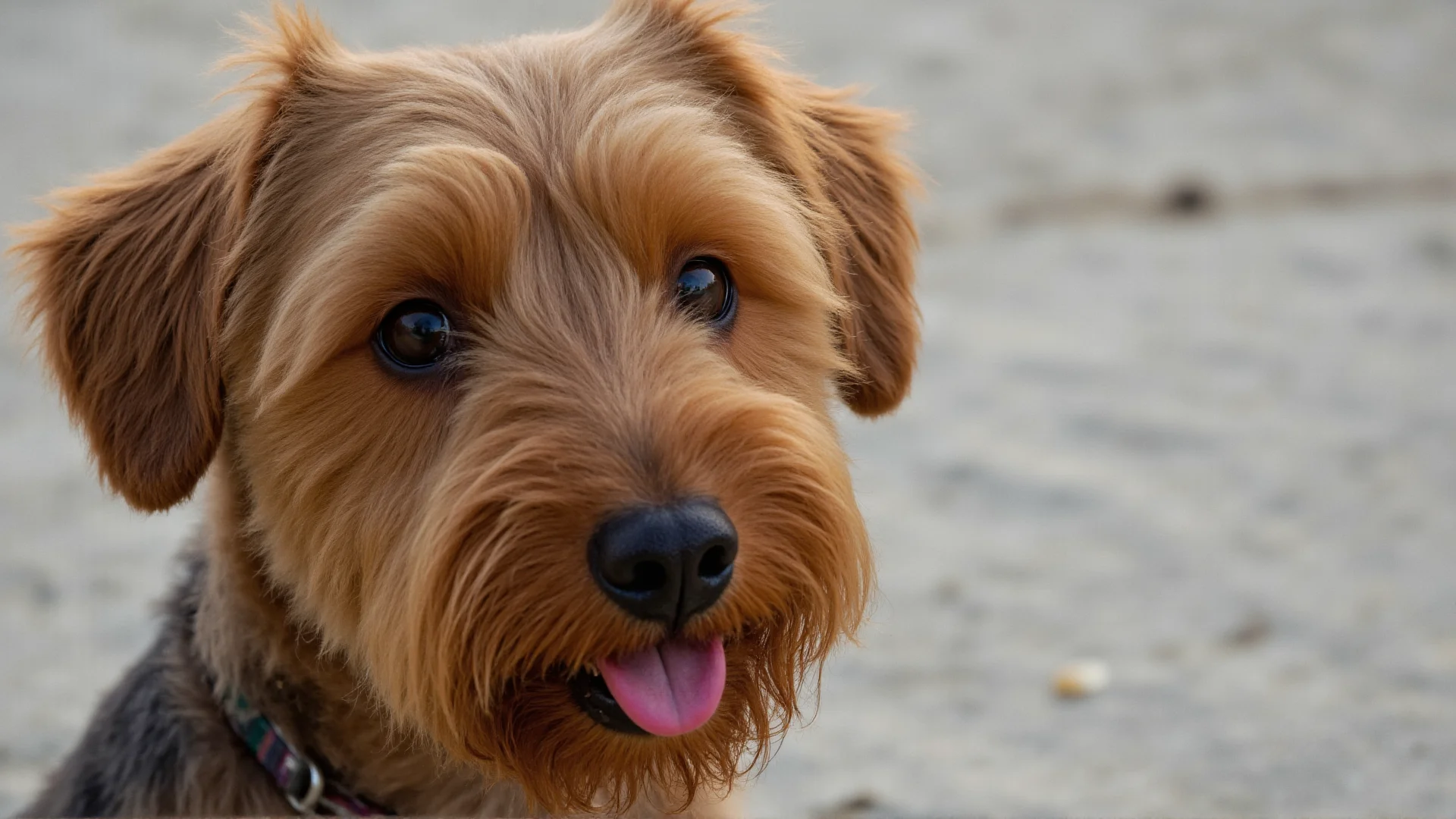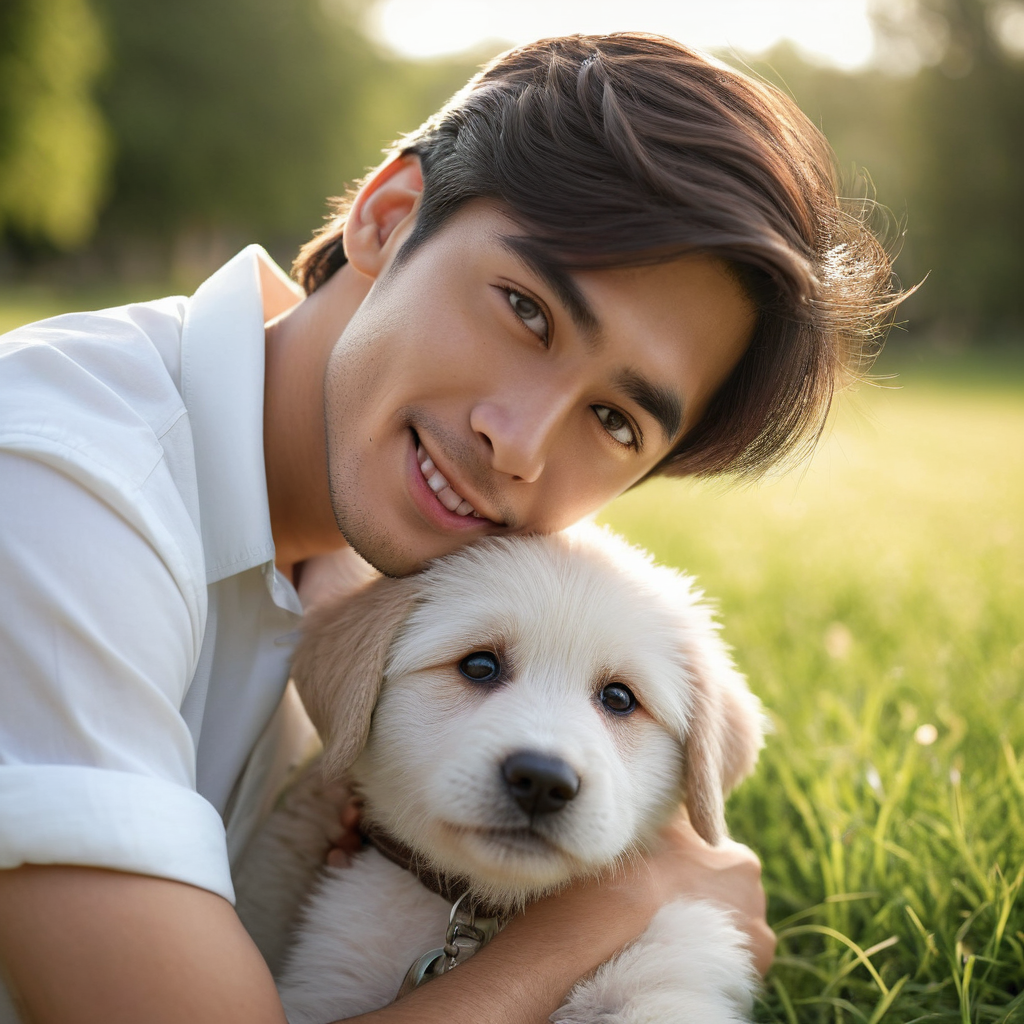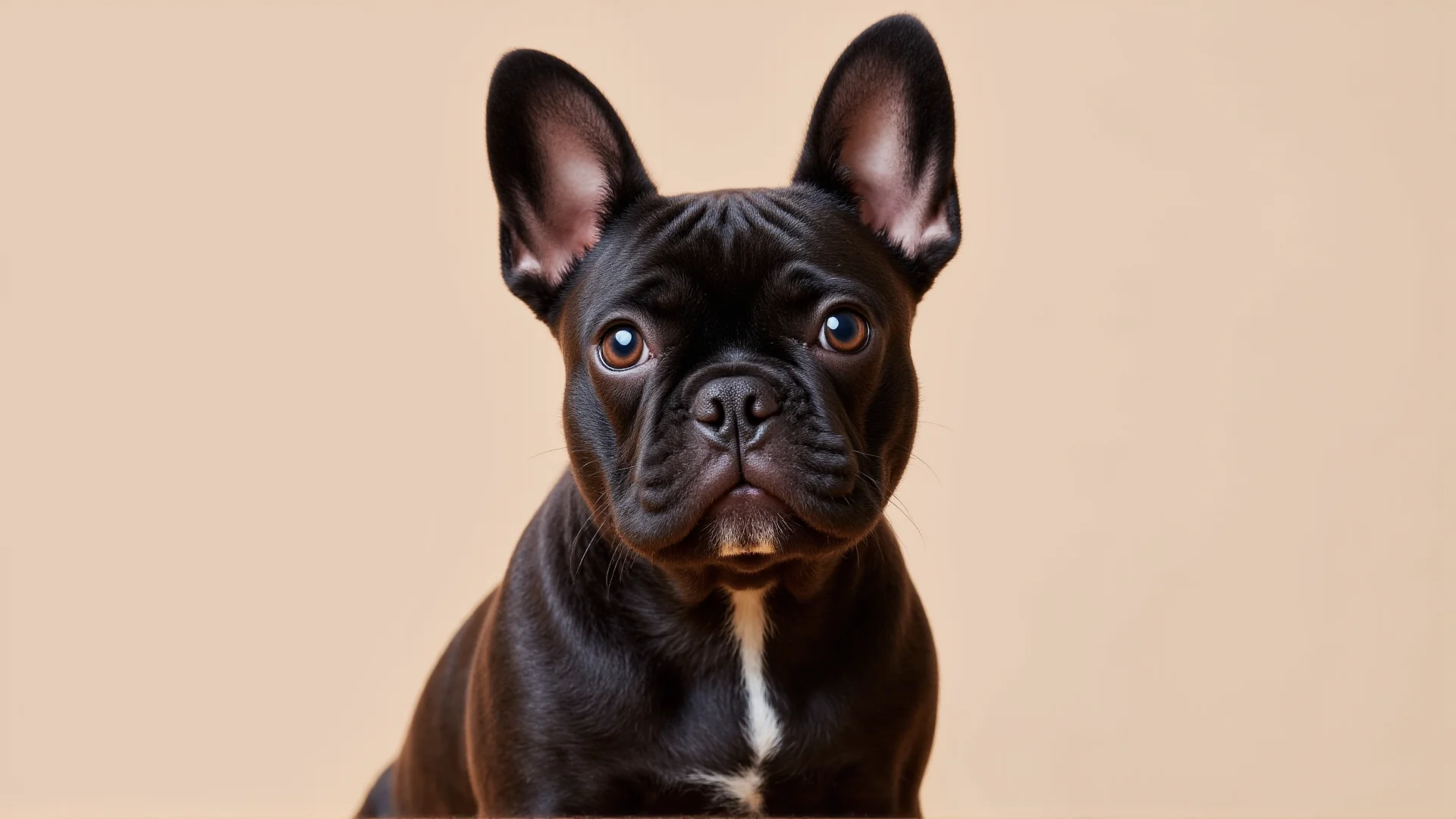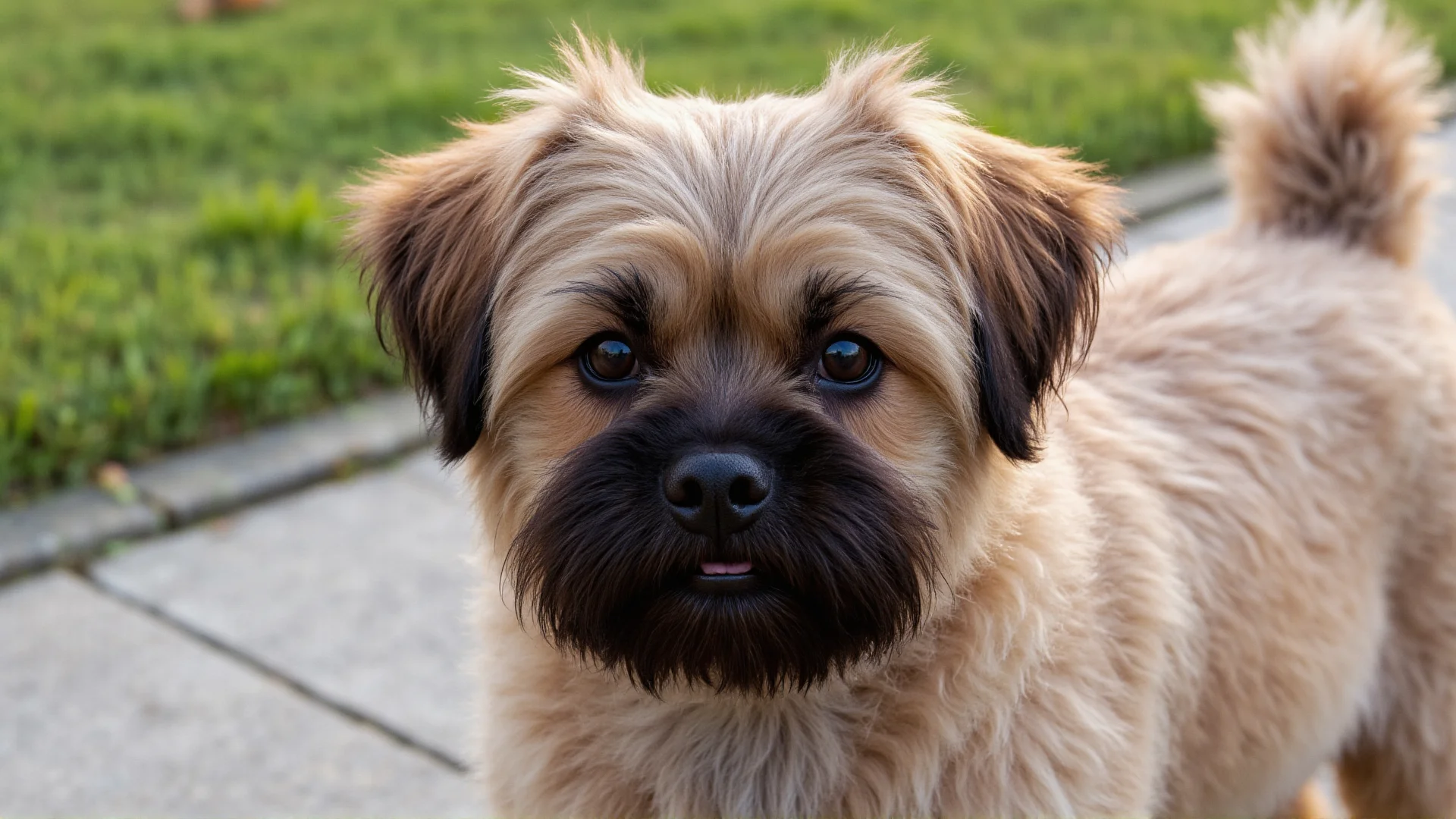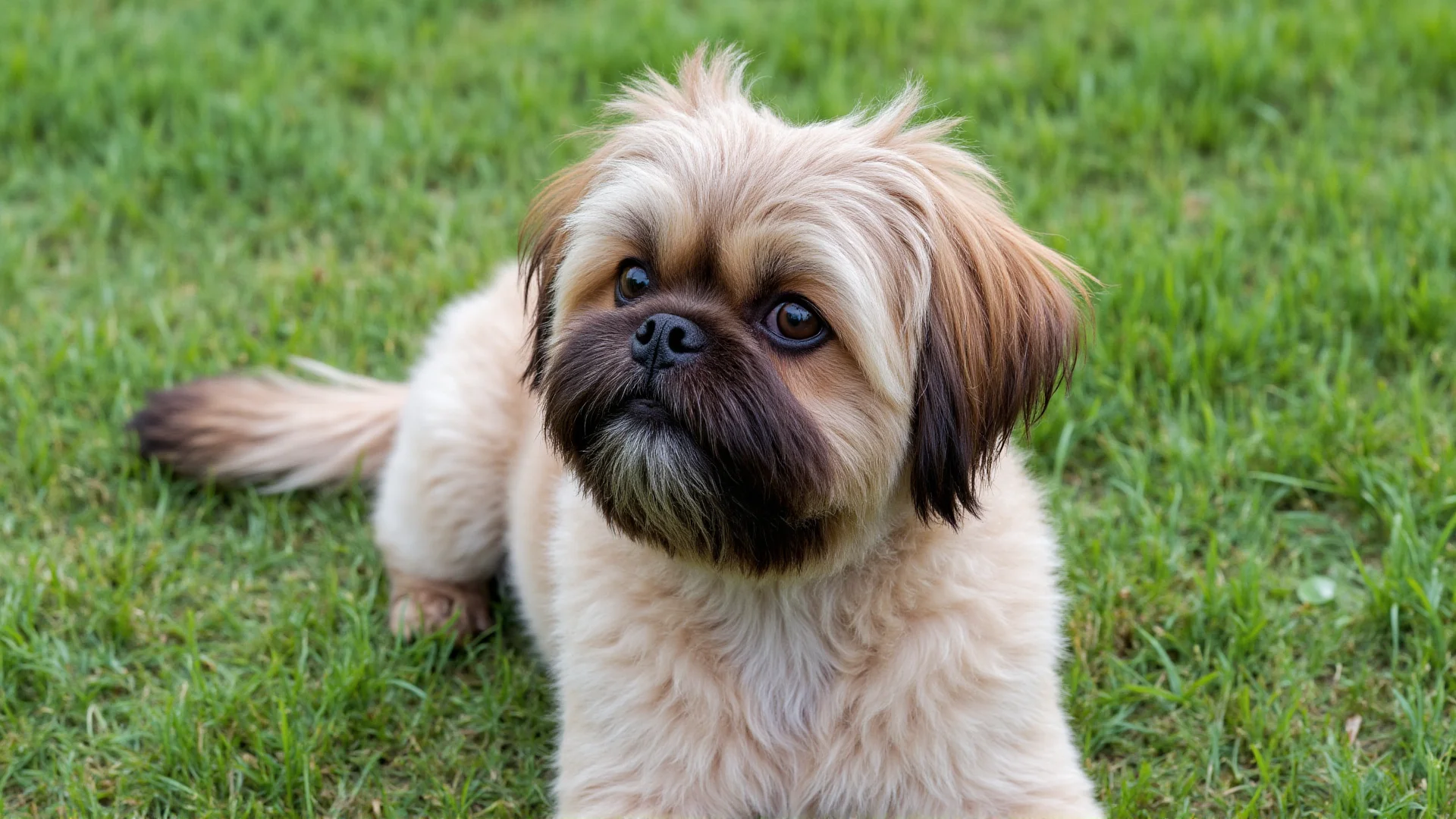Norfolk Terrier: The Perfect Small Dog for Active Families
If you're searching for a small dog with a big personality that fits perfectly into family life, the Norfolk Terrier might be exactly what you're looking for. These compact, sturdy dogs combine the spirited nature of terriers with a gentle disposition that makes them wonderful companions for families with children.
Why Norfolk Terriers Excel as Family Dogs
Norfolk Terriers possess a unique combination of traits that make them ideal family pets. Unlike some terrier breeds that can be overly intense or nippy, Norfolks are known for their patient and gentle nature, especially with children. Their small size (typically weighing 11-12 pounds) makes them manageable for kids to handle, while their sturdy build means they won't be easily injured during play.
These dogs are naturally social and thrive on being part of the family pack. They're content to follow family members around the house, participate in outdoor activities, and curl up for quiet evening relaxation. Their adaptable nature means they're equally happy in apartments or houses with yards, as long as their exercise and attention needs are met.
Living with Children: A Natural Bond
One of the Norfolk Terrier's greatest strengths as a family dog is their natural affinity for children. These dogs seem to understand that little ones require gentleness, and they often become protective, devoted companions to the children in their family. Their playful nature matches well with kids' energy levels, and they're typically patient with the sometimes unpredictable behavior of young children.
However, like all dogs, Norfolk Terriers should be properly socialized with children from an early age. Teaching both the dog and children how to interact respectfully ensures a harmonious relationship. Children should learn to approach the dog calmly, avoid disturbing them while eating or sleeping, and understand basic dog body language.
Safety Considerations
While Norfolk Terriers are generally excellent with children, supervision is always important, especially with very young children. Their small size means they can be accidentally injured if play becomes too rough. Teaching children to be gentle and showing them how to properly pick up and hold the dog prevents accidents and builds mutual respect.
Exercise and Activity Needs for Busy Families
Norfolk Terriers have moderate exercise needs that fit well into most family schedules. A daily walk of 30-45 minutes, combined with some playtime in the yard or house, typically satisfies their physical requirements. This makes them perfect for families who want an active dog without the extensive exercise demands of larger breeds.
These dogs excel at family activities like hiking, camping, and beach trips. Their compact size makes them easy to transport, and their adventurous terrier spirit means they're always ready for new experiences. Many families find that their Norfolk becomes their most enthusiastic adventure companion.
Mental Stimulation Needs
Like all terriers, Norfolks are intelligent dogs that need mental stimulation to prevent boredom and destructive behaviors. Family activities that engage their minds include:
- Puzzle toys and treat-dispensing games
- Hide-and-seek games with family members
- Basic obedience training sessions
- Exploring new walking routes and environments
Training Your Norfolk Terrier: A Family Affair
Norfolk Terriers are intelligent and eager to please, making them relatively easy to train with consistent, positive methods. Their smaller size and gentle nature make them ideal for involving children in the training process, teaching responsibility and building the bond between dog and child.
Start with basic commands like sit, stay, come, and down. Norfolk Terriers respond well to reward-based training using treats, praise, and play. Keep training sessions short (5-10 minutes) but frequent, as these dogs can lose interest if sessions drag on too long.
House Training Success
House training a Norfolk Terrier requires patience and consistency, as small dogs can be more challenging to housetrain than larger breeds. Establish a regular schedule for meals, water, and potty breaks. Take your Norfolk outside first thing in the morning, after meals, after naps, and last thing at night. Praise enthusiastically when they eliminate outside, and never punish accidents indoors.
Grooming: A Manageable Family Responsibility
Norfolk Terriers have a double coat that requires regular but not excessive grooming. Their wiry outer coat and soft undercoat need brushing 2-3 times per week to prevent matting and reduce shedding. This grooming routine can be a wonderful family activity, teaching children responsibility while providing bonding time with the dog.
Professional grooming every 6-8 weeks helps maintain their coat's texture and appearance. Between professional visits, families can maintain their Norfolk's appearance with regular brushing, nail trimming, and ear cleaning. Many children enjoy helping with these grooming tasks, making it a positive experience for everyone involved.
Health Considerations for Family Planning
Norfolk Terriers are generally healthy dogs with a lifespan of 13-15 years, making them long-term family companions. However, like all breeds, they can be prone to certain health conditions that families should be aware of:
- Hip dysplasia: Though less common in small breeds, it can occur
- Heart conditions: Regular vet checkups can catch issues early
- Eye problems: Including cataracts and progressive retinal atrophy
- Epilepsy: Some lines may be prone to seizure disorders
Regular veterinary care, including annual checkups and keeping up with vaccinations, helps ensure your Norfolk Terrier stays healthy throughout their life. Their generally robust health means fewer unexpected vet bills and more years of family enjoyment.
Socialization: Building a Well-Rounded Family Dog
Proper socialization is crucial for Norfolk Terriers to develop into well-adjusted family dogs. Start socialization early, exposing your puppy to various people, animals, sounds, and environments in a positive, controlled manner. This includes introducing them to:
- Different family members and friends
- Other dogs and pets
- Various environments (parks, streets, stores that allow dogs)
- Different sounds and experiences
- Handling for grooming and vet visits
Well-socialized Norfolk Terriers are confident, friendly dogs that adapt easily to family life and new situations. They're more likely to be comfortable when the family entertains guests or takes them on outings.
Creating the Perfect Environment
Norfolk Terriers adapt well to various living situations, but they do best when they're included as full family members. They don't do well when left alone for long periods and can develop separation anxiety if isolated from their family too frequently.
Create a dog-friendly home environment by:
- Providing a comfortable bed or crate in a family area
- Dog-proofing areas where they'll spend time
- Establishing consistent rules that all family members follow
- Creating both active play areas and quiet retreat spaces
The Long-Term Family Commitment
Bringing a Norfolk Terrier into your family is a long-term commitment that will span many years of your children's lives. These dogs often become deeply bonded family members who provide companionship, teach responsibility, and create lasting memories.
Consider how your family situation might change over the 13-15 year lifespan of your Norfolk Terrier. Will you still be able to provide appropriate care, exercise, and attention as your children grow and family circumstances evolve? Norfolk Terriers are adaptable, but they need consistent care and attention throughout their lives.
